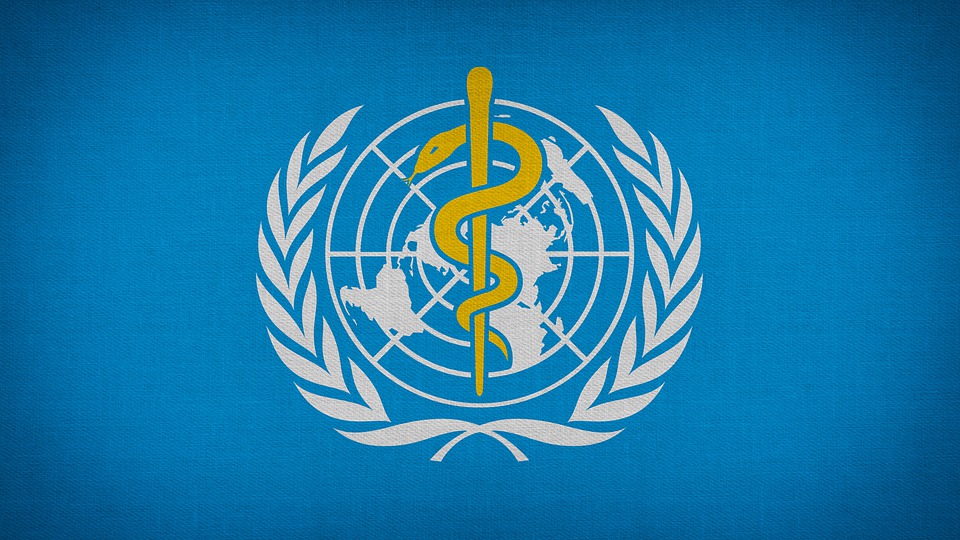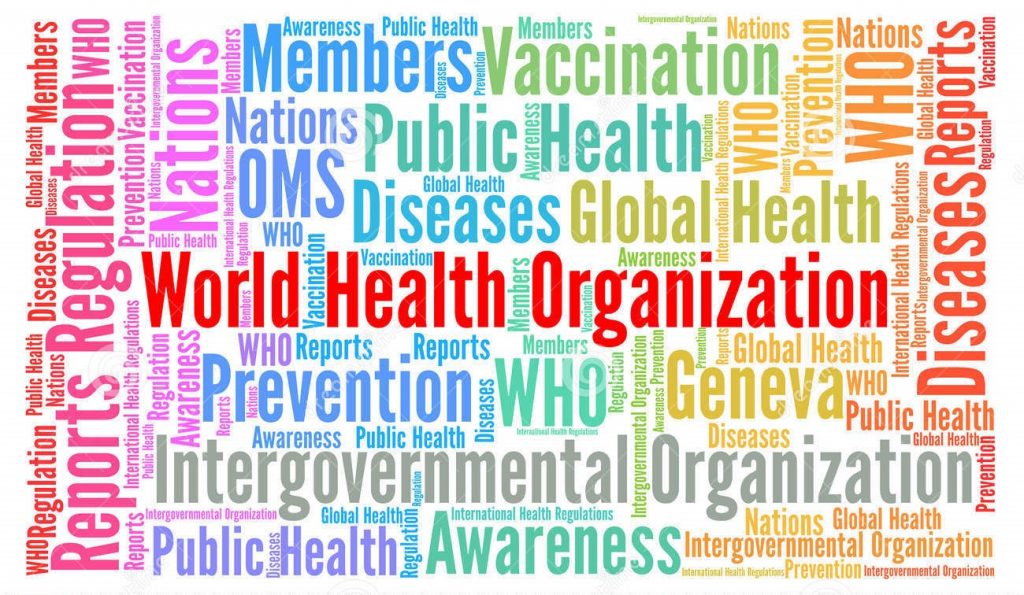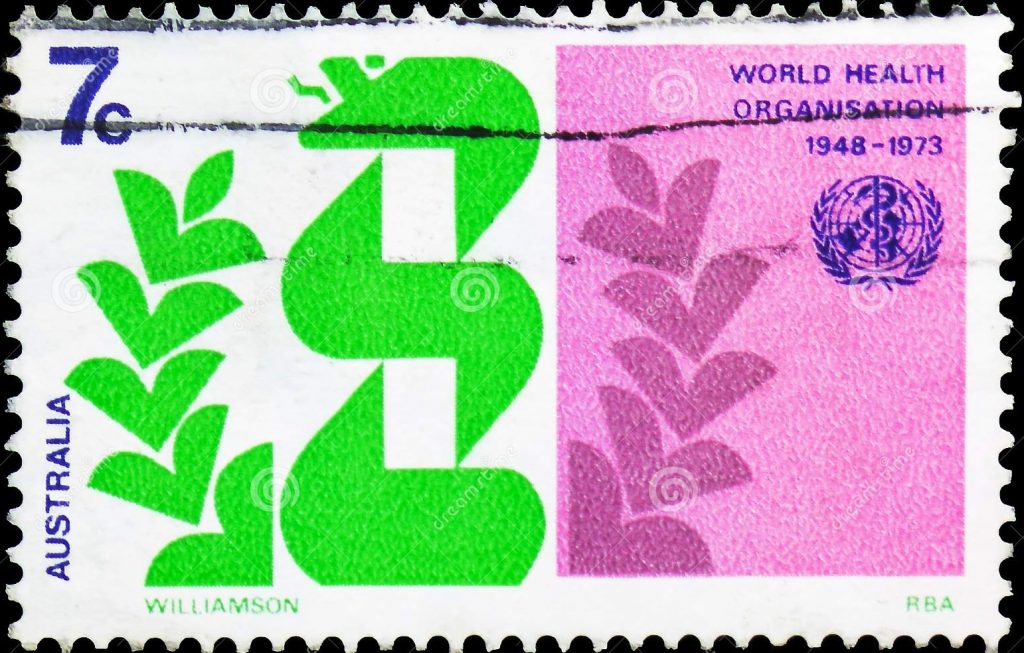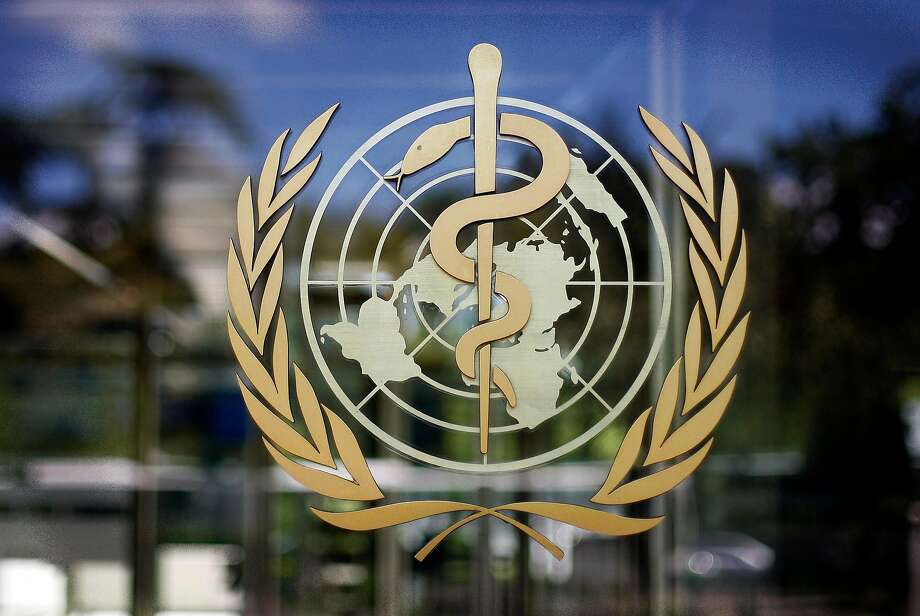Author: Zeng Lu
The COVID-19 pandemic underscores the enormous global price paid when WHO fails to effectively fulfill its mandate to protect global health. What is the significance of the World Health Assembly's decision to reform WHO in 2022 for WHO and the global health governance system?
In May 2022, the 75th World Health Assembly (WHA) approved Tan Desai's re-election as Director-General of the World Health Organization (WHO), and passed a historic decision to improve the WHO's financing model.
What is WHO?
WHO is the specialized agency of the United Nations responsible for health affairs.Founded in 1948, WHO's mission is to ensure that everyone around the world can live a safe and healthy life equally. Headquartered in Geneva, WHO has 6 regional offices and 150 country offices around the world, with a total of more than 8,000 professional staff. The World Health Assembly is WHO's highest decision-making body, responsible for determining WHO policy, appointing the Director-General, overseeing financial policy, and reviewing and approving programs and budgets.
WHO has played an important role in improving global public health.Since its inception, WHO has contributed to several important public health achievements around the world. Malaria is the most dangerous parasitic disease in the world. WHO promotes the basic eradication of malaria in developed countries and actively controls malaria in developing countries. In June 2021, the WHO announced that China has eliminated malaria. Smallpox killed millions of people. WHO promotes implementation of global smallpox vaccination program. In 1980, the WHO officially declared smallpox eradicated globally. In addition, WHO, in partnership with UNICEF and others, has pushed governments in countries such as India and Pakistan to provide free or affordable treatment for hepatitis C patients, and to eliminate yellow fever through vaccination and strengthened public health regulations disease outbreak.
WHO's funding sources are divided into membership dues and voluntary contributions.Assessed contributions (Assessed contributions) account for about 20% of WHO's funds, and are paid proportionally by member governments based on GDP. In 2021, the dues paid by the United States, China and Japan accounted for 23%, 12% and 8% of the total dues respectively. Voluntary contributions (voluntary contributions) account for about 80% of WHO's funds, including core voluntary contributions (Core voluntary contributions), thematic and strategic engagement funds (Thematic and strategic engagement funds) and designated voluntary contributions (Specified voluntary contributions), in The proportions of the total voluntary contributions are 4.1%, 7.9% and 88% respectively. In the 2020-2021 biennial budget cycle, Germany, the Gates Foundation and the United States have become the three largest funders of WHO with total funding of US$1.268 billion, US$751 million and US$693 million. China ranks 11th among WHO donors in terms of total funding for this budget cycle.

Does WHO's capacity match the expectations of the international community?
There is a gap between WHO's resources and capabilities and the expectations of member states.As the most important institution in the global health governance system, the international community looks to WHO to formulate global health norms and standards, facilitate the monitoring and implementation of global health policies, set the research agenda, and articulate evidence-based and ethical health policies for all parts of the world. to respond to diseases and monitor the global health situation. However, different member states disagree on how the WHO should work. WHO itself has long faced enormous challenges.
Excessive reliance on voluntary contributions affects WHO's professionalism and independence.Voluntary donations account for about 80% of the WHO's total annual budget, while membership dues to ensure general operations account for less than 20%, and most voluntary donations can only be used in designated areas according to the donor's wishes. As a result, lengthy negotiations among nearly 200 member states can only determine about 20% of the agency's budget, while about 80% is left to a small number of voluntary contributors. Excessive reliance on voluntary contributions has had a major impact on WHO's professionalism and independence, making it difficult for WHO to play a role where and where it is needed most. source of other ills.
The lack of legal means and tools has led WHO to stop at technical guidance and coordination.One of WHO's fundamental responsibilities is to coordinate international action to prevent, combat and control the international spread of disease. The International Health Regulations (IHR) oblige member states to monitor the health situation in their countries and to notify WHO of public health emergencies within their territories that may constitute public health emergencies of international concern. However, according to the "International Health Regulations", WHO has no right to compel member states to carry out work related to protecting global health security, and the ability to coordinate national governments is also limited. As a result, the bulk of WHO's advice, technical guidance and coordination in response to Ebola and COVID-19 has largely stopped at technical guidance.
Multiple global health challenges and a broad scope of work weaken WHO's ability to respond.Emerging global challenges such as AIDS, influenza and noncommunicable diseases have widened gaps in WHO's capabilities and mandates. WHO's work covers nearly 200 member states with different levels of development and health needs. The wide scope of work poses a huge challenge to WHO's ability to respond. In addition, new initiatives, institutions and partnerships in global health challenge WHO's leadership in global health. Due to constraints such as insufficient funding and capacity, WHO is unable to effectively respond to existing and anticipated global health challenges.

Coronavirus puts WHO reform back on agenda
The WHO has long faced pressure to reform.For a long time, WHO has faced continuous pressure from member states to reform its governance, transparency, accountability and effectiveness. In recent years, WHO's performance in responding to global epidemics such as H1N1 bird flu, Zika virus, and Ebola virus has fallen short of the expectations of the international community, causing many doubts about WHO's ability to respond to global public health emergencies.
The new crown epidemic has caused the WHO to face unprecedented doubts.During the epidemic, WHO approved vaccines and other medical products, issued epidemic information and guidelines, coordinated response actions, and carried out capacity building for developing countries. The technical guidance provided by WHO has provided important support for developing countries with limited resources and capacity to deal with the new crown epidemic. Despite this, the efforts of the WHO and governments of various countries have failed to prevent the spread of the epidemic around the world, and some of the WHO's handling of the epidemic have also been questioned by many parties. Some countries even proposed to establish a new international agency to deal with global health emergencies. Many more countries support the strengthening of existing global health governance systems.
WHO reform is on the agenda again.WHO's inability to effectively deliver some important global public health goods has persisted over the past few decades. However, member states have been refusing to raise membership fees on the grounds of weak WHO reform and other reasons, and for the purpose of protecting national sovereignty, they have restricted WHO's authority and implementation means to respond to global emergencies through the International Health Regulations. The COVID-19 pandemic has highlighted the enormous cost countries around the world pay when the WHO fails to effectively carry out its mission to protect global health, changing the political stance of many governments. After the epidemic, the international community's call for reforming the world organization has never been louder.
What reform measures will the 2022 World Health Assembly adopt?
Adoption of decisions to improve WHO's financing model.The World Health Assembly has fully adopted the recommendations of the sustainable financing working group composed of member states: member states will gradually increase their contributions, and will increase the proportion of contributions from the current approximately 20% to 50% by the 2030-2031 budget cycle at the latest. The report of the Task Force on Sustainable Financing also recommends exploring the feasibility of a funding replenishment mechanism to broaden the funding base, and requests the WHO Secretariat to work with the Task Force on Strengthening WHO Governance on transparency, efficiency, accountability Working with compliance and compliance issues to ensure further reform of WHO's operations to increase efficiency and effectiveness while increasing Member States' contributions.
Propose a road map for strengthening health emergency response capacity.The General Assembly listened to the report of the Working Group on Preparedness and Response to Health Emergencies, and strengthened health emergency preparedness and response plans through measures such as the revision of the International Health Regulations. The Regulations are the core document in preventing and responding to global pandemics. The purpose of this revision is to improve the legal binding force of the "Regulations" and give WHO a legal basis and implementation tools for coordinating global health work, rather than changing or adding substantive obligations of member states. The General Assembly agreed to change the name of the working group to the "Working Group on Amendments to the International Health Regulations" (WGIHR), requested the Director-General to convene the Regulations Review Committee responsible for making technical Consideration by the Health Assembly.

What is the expected impact of this reform?
The COVID-19 pandemic underscores the enormous global price paid when WHO fails to effectively fulfill its mandate to protect global health. The reform package adopted by the World Health Assembly in 2022 is an important step towards improving WHO's sustainable financing mechanisms, legal basis and means of implementation.
It is expected to improve WHO's financial sustainability and strengthen global health governance systems.Member states will raise their share of contributions from about 20% currently to 50% by the 2030-2031 budget cycle at the latest. If this decision is implemented, it will become a "historic decision" to promote WHO's financial stability and sustainability. Björn Kümmel, deputy head of the Global Health Department at the German Federal Ministry of Health and chair of the WHO Working Group on Sustainable Financing, said: "This decision is about WHO's future role in global health and about our vision for a global health architecture. That is: to lead and coordinate a more systematic, coordinated, efficient and inclusive global health governance with a fundamentally strengthened WHO at its core."
It is expected to strengthen WHO's ability to lead the global response to health emergencies.The International Health Regulations aim to reduce the spread of infectious diseases and the impact of outbreaks, and are one of the most important legal frameworks of the global health governance system. This year's Global Health Assembly proposed that the World Health Organization take the lead in revising the "Regulations", propose a package of targeted amendments, and submit them to the 77th Health Assembly for consideration. Once the revision of the "Regulations" is passed, the WHO is expected to obtain a more solid legal basis and implementation tools to coordinate international health security, and the global health governance capacity of the international community to effectively respond to health emergencies is expected to be improved.
What uncertainties exist in this reform?
The 75th Global Health Assembly passed a number of important decisions to promote the reform of the WHO. However, there are still huge uncertainties about whether this reform can be implemented.
Whether the reform can be implemented depends on whether member states approve it.The current World Health Assembly passed the decision to gradually increase the fee to 50%. However, WHO member states can still accept, modify or reject proposals to increase contributions. Whether the decision to reform the WHO's financing model can ultimately be implemented depends on whether it is approved by national legislatures. The decision by the World Health Assembly this year to revise the road map for the International Health Regulations also did not limit the power of member states to oppose, reject or reserve future amendments. Whether the amendments finally submitted to the 77th World Health Assembly in 2024 will help strengthen global health governance will also depend on whether Member States adopt and accept the revised International Health Regulations.
The prospect of reform may be affected by the progress of WHO reform and the financial situation of member states.For decades, member states have pushed for reforms in governance, transparency, accountability and effectiveness of UN agencies such as the WHO. This time, member states once again asked WHO to further reform agency operations while increasing membership fees. Considering that member states have repeatedly refused to provide more resource support to international institutions on the grounds of ineffective reform, the final support of member states for increasing membership fees may be affected by the progress of reforms such as WHO governance and effectiveness. In addition, governments generally face tight budgets and more and more priorities after the COVID-19 pandemic. Right-wing ruling parties in some countries are skeptical of multilateralism, and member states are still uncertain about the follow-up support for this reform. sex.
References
https://link.springer.com/chapter/10.1007/978-3-030-89125-1_6
https://www.who.int/about/funding/
https://www.who.int/zh/news/item/24-05-2022-daily-update—24-may-2022
https://www.who.int/about/funding/contributors

